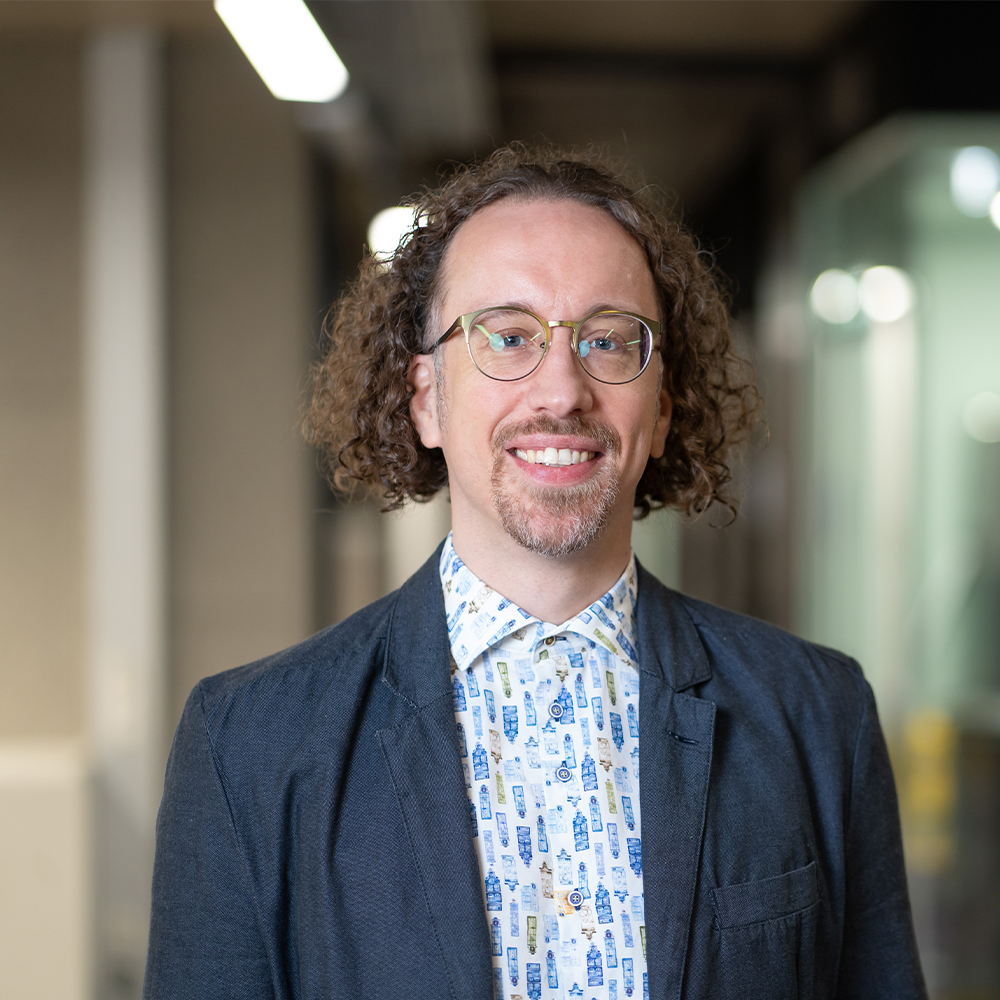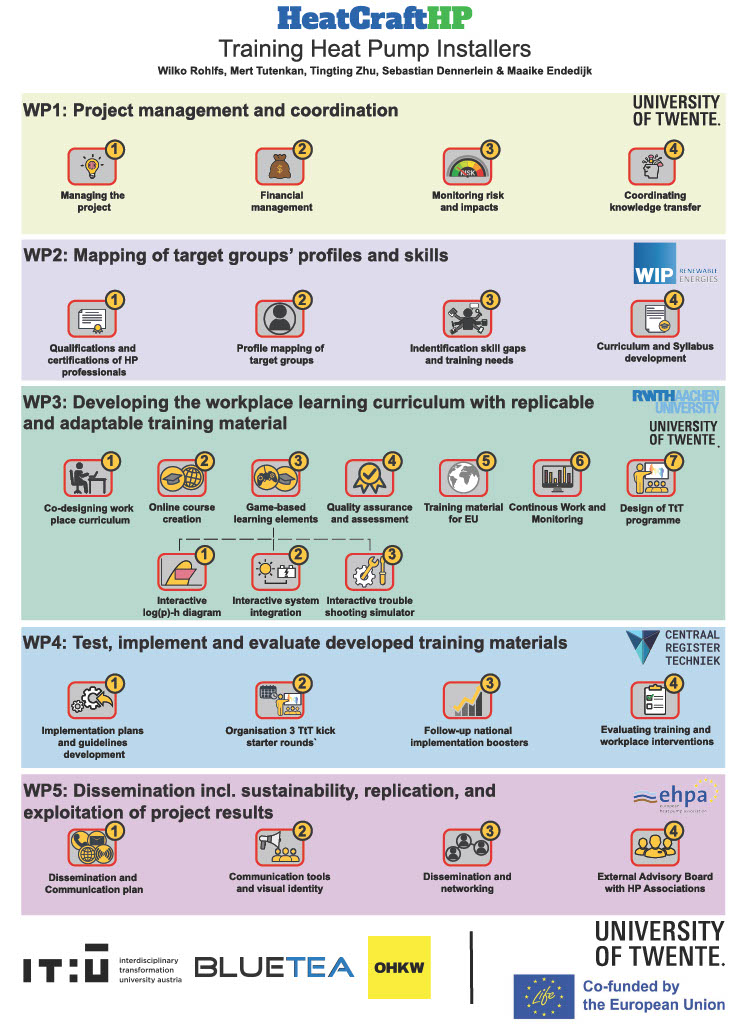Sebastian Dennerlein
Research group:
Today’s grand challenges like the energy transition and the digital transformation require us to collaborate across organizational and disciplinary boundaries and continuously update our knowledge and skills. In my tenure track professorship at the Interdisciplinary Transformation University IT:U, therefore, I am focusing on understanding and supporting students’ and professionals’ learning and development, individually and in teams. My research is taking a process perspective to study for example how learners self- and socially regulate their learning to attain their goals and which activities they implement to effectively overcome problems. Insights in the process then allow to participatively design interventions with the affected learners and help them in their specific situation and context, ranging from instructions for tutors to learning analytics solutions in edtech systems. I contribute this research perspective for facilitating the up- and reskilling of heat pump installers in the EU-LIFE Project “HeatcraftHP”, for example. Previous stages and collaborations in my professional career have shaped my research, like my assistant professorship at the Professional Learning and Technology Section of University of Twente or my Post Doc in the TEL Marketplace Innovation Program at Graz University of Technology. Interdisciplinary learning and working is hence not only the subject of my research but also the way I conduct my research to make impact in education and at the workplace.
Short Bio
Sebastian Dennerlein is a cognitive psychologist with a focus on technology-enhanced learning, co-evolving learning innovations and practices in higher education and at the workplace. In challenge-based learning and professional innovation teams, for example, he aims at unfolding the interactive process of self- and socially regulated transformative learning to collaboratively design effective learning affordances. Leveraging computational approaches is a cornerstone in his ambition to understand and support learning processes, as well as focusing on ethical reflection practices for the development of responsible AI.
“Artificial intelligence and other emerging technologies are changing when, what and how we learn. This development must not be one-sided, technology-driven, however. Together with the affected stakeholders, we co-create a more transparent, fair and inclusive future of learning in our research that is informed by learning science and empowered by computer science. This is what we call computational learning science!”
Sebastian Dennerlein
You are currently viewing a placeholder content from Open Knowledge Maps. To access the actual content, click the button below. Please note that doing so will share data with third-party providers. For details please consult our privacy policy.
More Information

